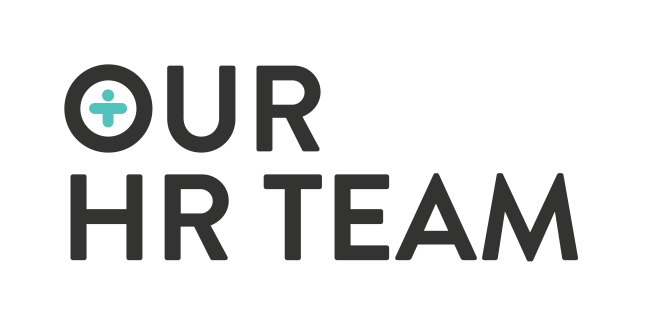By Kerrie Briggs | Senior HR Consultant

We are on the home straight to Christmas, a perfect time to share what’s on the Radar for 2023.
INTRODUCTION of Family and Domestic Violence Leave
In July this year, the Federal Government introduced a bill to create a universal (meaning for all employees) entitlement to 10 days paid family and domestic violence leave (FDVL) into the National Employment Standards (NES). The new paid leave entitlement will be available to all employees from 1 February 2023. For employees of small business employers (employers with less than 15 employees), the leave will be available from 01 August 2023.
NO MORE pay secrecy clauses
The Government has introduced changes to pay secrecy clauses. The intent behind this change is to promote transparency and encourage gender equality in pay.
All employees now have a right to ask other employees about their rates of pay. This now constitutes a workplace right (protected by the General Protections provisions of the Fair Work Act) under the reforms. This means that employers cannot take ‘adverse action’ against an employee if they ask another employee about their pay or share their own remuneration details with others.
In June 2023 (six months after the Bill passes), it will also become an offence for an employer to enter into a contract with an employee that contains a pay secrecy clause. The penalty is up to $63,000 for an employer.
CHANGES to Sexual Harassment
In September this year an amendment to the Anti-Discrimination and Human Rights Legislation Amendment (Respect at Work) Bill 2022 was proposed with seven legislative changes recommended. These new changes include “a positive duty” on employers to prevent workplace sexual harassment and discrimination, offences for having a “hostile workplace” and powers for the Human Rights Commission to investigate and issue compliance notices on business.
We anticipate seeing more refined information being released early next year and the steps that employers must take to ensure they are compliant with these new legislative changes.
NO END to the Hybrid Work Models
2022 has bought up challenges for many employers in relation to both managing labour shortages and the continued war for talent. While many businesses have begun to adopt more flexible work arrangements off the back of the pandemic, these have still largely been finite arrangements. We expect to see more around businesses investigating and adopting Hybrid working models in 2023. These may include broader work from home arrangements, compressed working week, the 4-day working model, job sharing and flexible working hours. This is a definite – Watch This Space!
EMPHASIS on Employee Well-being
This has been a front and centre topic and will continue to be a key focus for businesses moving into 2023.
The focus of employee wellbeing has broadened greatly over the last several years and the shift has seen employee well-being moving from a simple topic for employers – to an all-encompassing overarching embrace across all areas of the business and businesses will need to take the time to understand what this truly means. It is never a one size fits all approach and we believe conversations are key in unpacking this fundamental topic.






